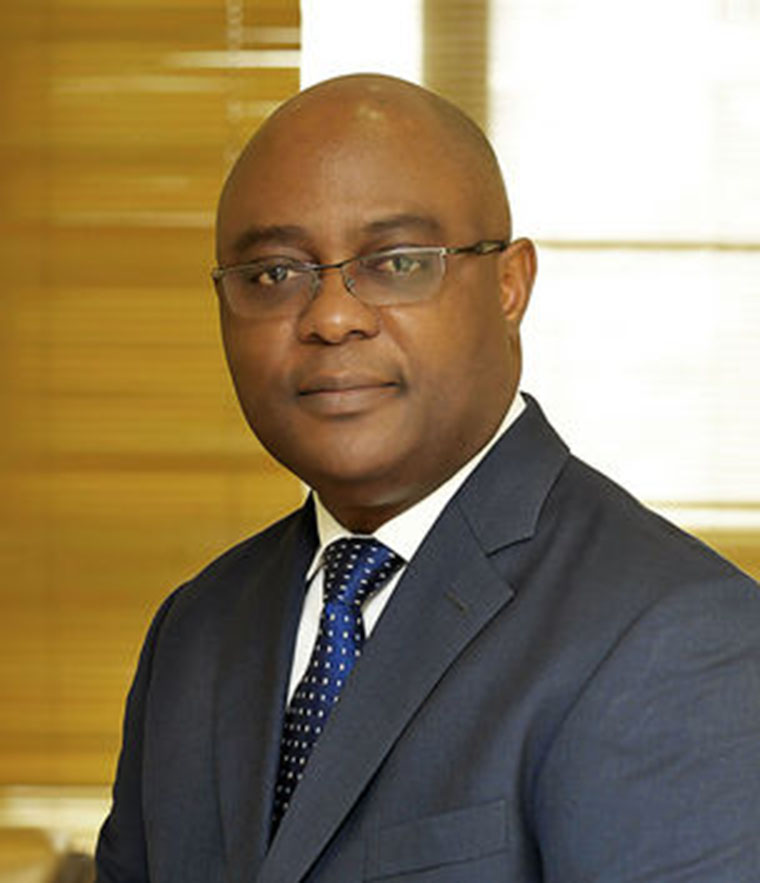Published: October 3, 2014
Sub-Saharan Africa’s largest independent power plant attracts US$650mn from banks as well as new equity investors.
The firms behind the largest independent power plant (IPP) in Sub-Saharan Africa have sealed a US$900mn funding package as the project enters its next stage of development.
The Kpone IPP is being built in Ghana’s Tema industrial zone near the capital Accra. The combined-cycle gas turbine plant is expected to be complete in 2017 and to account for some 10% of the country’s total installed power capacity and 20% of its available thermal generation capacity.
The project was started in 2003 by Ghanaian entrepreneur Samuel Brew-Butler through his business Cenpower. Two years later Cenpower partnered with UK-based infrastructure developer Eleqtra and in 2010 development finance institution the Africa Finance Corporation (AFC) took a controlling interest in the project and became lead developer. Now Sumitomo Corporation, the African Infrastructure Investment Fund (AIIF) and FMO are providing equity in a US$250mn deal that will allow Eleqtra to exit.
Meanwhile, US650mn in export credit-covered debt is being provided by South African banks and development finance institutions. Rand Merchant Bank, Nedbank and Standard Bank provided the commercial funding, with Dutch development bank FMO arranging the development finance tranche.
The plant is Ghana’s first licensed IPP and the country’s first greenfield project financing, making it a drawn-out process, according to the firms involved. But there’s hope that this deal can now provide an example for other developers to follow. Speaking to EMEA Finance shortly before the funding package was closed, Oliver Andrews, AFC’s chief investment officer, said that “solving Africa’s infrastructure deficit cannot be business as usual”, adding that projects such as the Kpone plant can be “a huge opportunity” for financiers.
“The deficit in Africa in terms of infrastructure is huge,” Andrews says. “On the other hand you have a wall of capital within the continent and outside that’s willing to look at good projects. However, what you don’t have is a plethora of bankable projects. At the AFC we recognised at a very early stage that we needed to become involved in taking development risk. We put a small team together able to work with other developers and our own pot of money.... to take projects like this from where they are to bankability.
“We’re saying to institutions: maybe you don’t have to wait for someone to knock at your door and deliver you a bankable project.”


